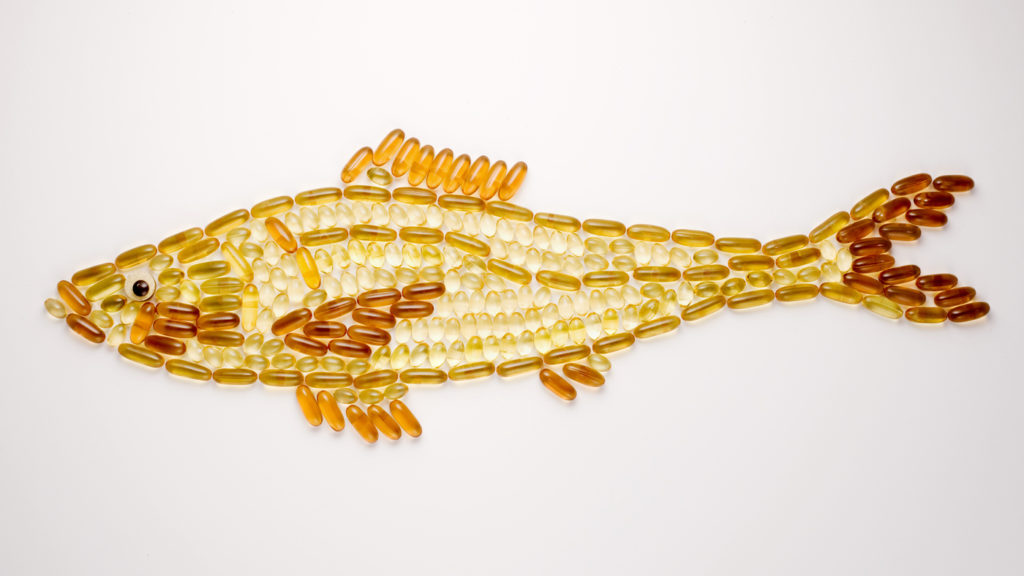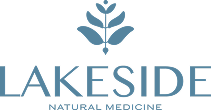
Screening for Bone Loss at Age 65 is TOO LATE!
Osteoporosis is one of the most common health conditions affecting women after menopause. Yet most doctors do not order DEXA scans—the gold standard test for measuring bone density—until we turn 65. By then, we may have already lost significant bone mass, and our window for non-drug intervention will be closed. Here’s what we need to…

Leaky Gut and What You Can Do About It
If you’re reacting to every food (foods you could eat as a child like gluten or dairy with no problem but can’t eat now), have heartburn, eczema, brain fog after eating… leaky gut may be the culprit. What is Leaky Gut? Leaky gut, also known as intestinal permeability, is a condition where the lining of…

How to Choose a Fish Oil: EPA vs. DHA
The Standard American Diet has a 14:1 ratio of omega-6s to omega-3s. Ideally, we want 4:1. This imbalance can lead to chronic inflammation, which is linked to heart disease, cancer, and even mental health issues. Omega-3s, found in fatty fish, nuts, and seeds, are anti-inflammatory, while omega-6s, common in processed foods and veggie oils, tend…

The Fatty Acid Balance Test: the Test That Could Prolong Your Life
The Fatty Acid Balance test is an assessment of essential fatty acid levels, including the critically important omega-3s, in the body. These fatty acids are deemed “essential” as the human body cannot produce them on its own. It is ESSENTIAL that we get them from our diet. Omega-3 fatty acids play a critical role in…

More Events Coming Soon!
In the meantime, join our email list so you never miss an update!

